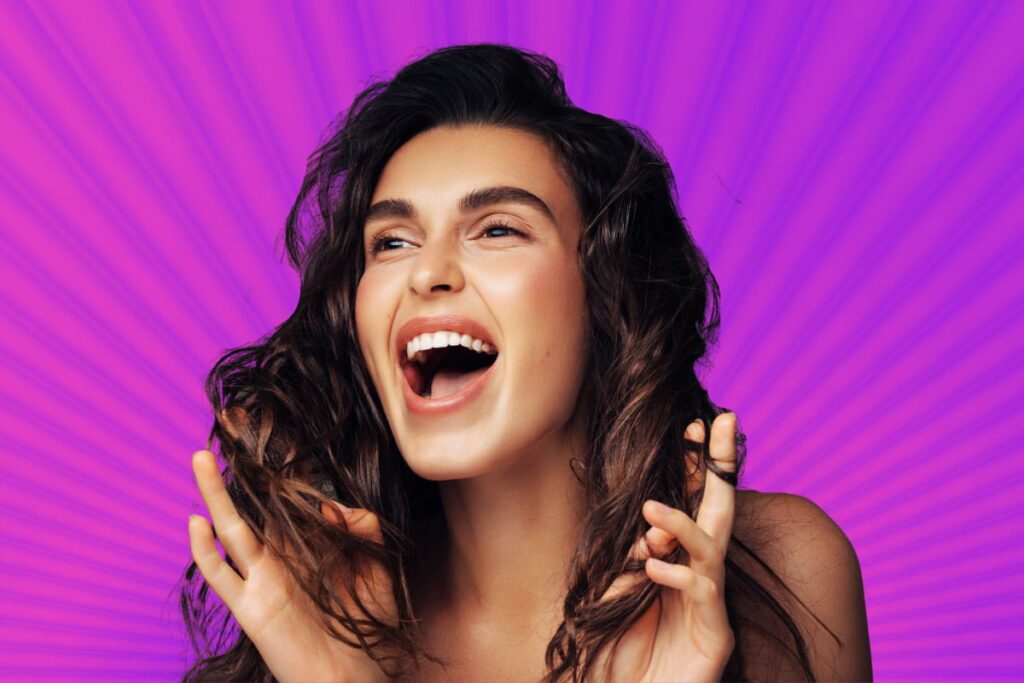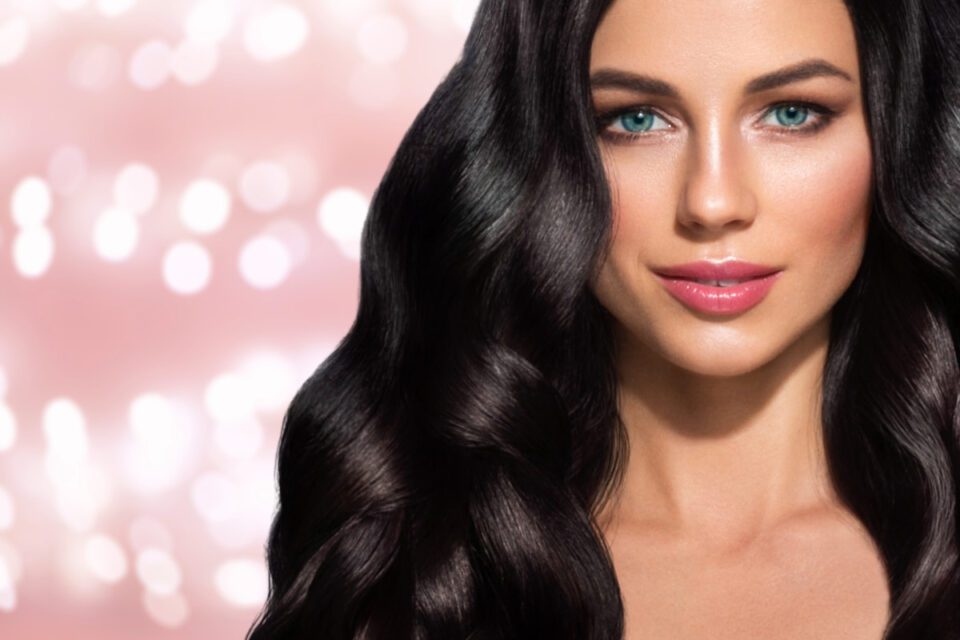Chances are, you’re familiar with the connection between sleep and skin health, and how a shortage of beauty rest can impact your overall appearance. Interestingly, recent studies show that a good night’s sleep is not only essential for overall well-being but also plays a crucial role in health hair.
Dr. Erin GILBERT, Board Certified Physican and Dermatologist, says “All structures of the body undergo cellular renewal while the body sleeps, most notably between [the hours of] 10pm and 3am, and “Younger and older people can often get away with less sleep, however those in the middle, particularly those entering the peri-menopausal stage in the mid to late thirties or forties, can really feel the effects of inadequate sleep.” Evans, Shalwah. (2022). “Does Lack of Sleep Affect Hair?” L’Oréal Paris Beauty Magazine. [https://www.lorealparisusa.com/beauty-magazine/hair-care/all-hair-types/how-does-sleep-affect-hair]
A good laugh and a long sleep are the best cures IN the doctor’s book
Table of Contents
The Basics of Hair Growth:
To comprehend the connection between sleep and hair health, it’s essential to grasp the fundamentals of hair growth. Hair follicles undergo a cycle of growth, rest, and shedding. Quality sleep supports the growth phase, known as anagen, when the cells in the hair bulb rapidly divide.
Melatonin and Hair Pigmentation:
Melatonin, a hormone produced during sleep, not only regulates our sleep-wake cycle but also influences hair pigmentation. Studies suggest that a disrupted sleep pattern may lead to a decrease in melatonin production, potentially affecting the color of our hair.

Cortisol Levels and Hair Thinning:
A study by the National Center for Biotechnology Information found that lack of sleep can elevate cortisol levels, a stress hormone. Elevated cortisol is associated with hair thinning and loss. Moreover, if your system is stressed and your gut can’t absorb the nutrients you’re consuming. By prioritizing quality sleep, you can help maintain a balanced cortisol level and promote healthier, fuller hair.
Blood Flow and Nutrient Delivery:
During deep sleep, blood flow to the scalp increases. This enhanced blood circulation ensures that hair follicles receive a sufficient supply of nutrients and oxygen, contributing to optimal hair health.
Let food be thy MEDICINE, thy MEDICINE shall be thy food
Repair and Regeneration:
Sleep is a crucial time for the body to repair and regenerate cells, including those in the hair follicles. Adequate sleep supports the maintenance of a healthy scalp and hair structure, preventing issues like dryness and brittleness.
That being said, Gilbert explains that not getting enough sleep alone isn’t a reason to fear that your hair will fall out. There are several factors that can contribute to stunted hair growth or hair loss, but there are steps that you can take to find balance that promotes healthy hair. Evans, Shalwah. (2022). “Does Lack of Sleep Affect Hair?” L’Oréal Paris Beauty Magazine. [https://www.lorealparisusa.com/beauty-magazine/hair-care/all-hair-types/how-does-sleep-affect-hair]

Tips for Better Sleep and Healthier Hair:
- Maintain a consistent sleep schedule.
- Create a relaxing bedtime routine.
- Keep your sleep environment cool, dark, and quiet.
- Limit screen time before bed.
- Avoid caffeine and heavy meals close to bedtime.
- Take adequate nutrient intake, including omega-3 and omega-6 oils, zinc, and B vitamins, to support cellular renewal.
- Minimize stress with meditation, breath exercises, and soothing music.
- Apply overnight hair masks for extra nourishment, such as coconut oil, argan oil, mineral oil, and castor oil.
These insights provide a comprehensive overview of the connection between sleep, overall health, and hair, offering practical tips and product recommendations for maintaining healthy and vibrant hair.
Note: Before trying any new hair treatment, it’s advisable to test a small amount to ensure you don’t have an adverse reaction. Consult with a dermatologist or trichologist for personalized advice based on your hair type and any existing conditions.
EVERYTHING you do, you’ll do better WITH a good NIGHT’s sleep
Conclusion:
In conclusion, the impact of sleep on hair health is a fascinating aspect of overall well-being. Prioritizing quality sleep can positively influence various factors, from hormonal balance to nutrient delivery, ultimately contributing to healthier and more vibrant hair. By understanding and implementing simple sleep hygiene practices, you can take proactive steps towards nurturing your hair from the inside out.
Remember, the key to healthier hair lies not only in the products you use but also in adopting a holistic approach to well-being, which includes quality sleep and a balanced lifestyle. Sweet dreams, and let your hair thank you for a good night’s sleep!

